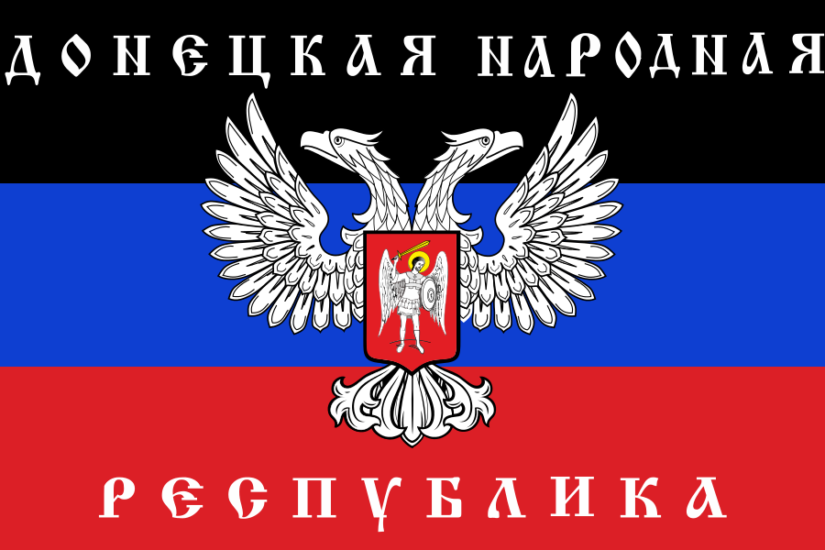Chronicle of a Revolution: Ukraine 2013-2017
Chapter 10. The Eurovision: a diplomatic row
Author : Pierre Scordia
The Economist Coverage in Britain
Jamala’s victory at the Eurovision with her song “1944”
Jamala's victory at the Eurovision with her song "1944" kick-starts the media to take an interest in the tragic fate of the Crimean Tatars. We are once again talking about the deportation of 200,000 Tatars by Stalin and the persecutions that rage even today against them. We recall that the Russians use the same methods of intimidation as in the North Caucasus. Arrests, torture, disappearances and murders are no longer rare in the Crimea. The Mejlis council was dissolved. The expression “hybrid” deportation is used with a reference to “Putin’s hybrid war” in Eastern Ukraine. 15,000 Tatars have sought refuge in the Ukraine. In Crimea, some Tatars are prosecuted for links to Islamic terrorism because they belong to the Pan-Islamic movement, Hizb ut-Tahrir, banned in Russia since 2004 but still legal in Ukraine. Even if some Tatars try to work with the new Russian administration (the Kyrym movement), the great majority of Tatars perceive Russians as invaders and remain confident that Crimea will re-join Ukraine someday.
Ukraine’s entry | 2016
Eurovision in Kyiv: A diplomatic row
A year later, The Economist writes another article on the Eurovision and its consequences for Russian-Ukrainian relations. By banning the disabled Russian contestant from Ukraine - because the singer has contravened Ukrainian law which refuses right of entry to any person who promotes the Crimea’s annexation to the Russian Federation - Ukraine has caused a diplomatic row. In fact, this ban suits Russian propaganda which portrays Ukrainians as monsters for banning a disabled person from singing in Kiev. The Economist says ironically that this Russian version of events is so much easier to report than to speak the truth: that Ukrainians do not like to see their country being torn apart by a stronger neighbour. Similarly, this small diplomatic storm is convenient for the government in Kiev by diverting attention from the failures of the Revolution.
Russia Banned in Kyiv | 2017
FORM-Idea London, 23rd January 2020 | Read this article in French
Main events of the Ukrainian Revolution
1. Media coverage of the Ukrainian crisis in France and Great Britain
2. The beginning of the political crisis
3. The February Revolution of 2014
5. Odessa, the Pearl of the Black Sea at stake.
6. Petro Poroshenko: the Providential man?
7. Russian roulette in Ukrainian sky | Flight MH17
8. Parliament elections & the power of Western regions
9. War in Donbas | Welcome to Absurdland!
10. The Eurovision: a diplomatic row
French version
Next Chapter
https://form-idea.com/2020/07/14/failures-and-successes-of-the-ukrainian-revolution/




